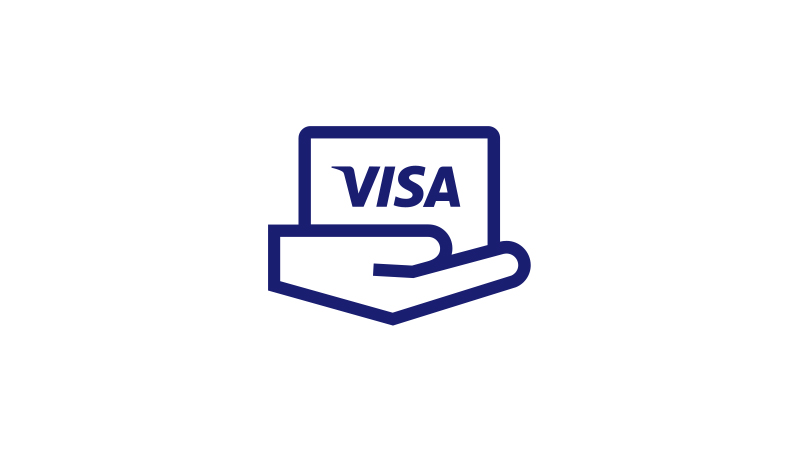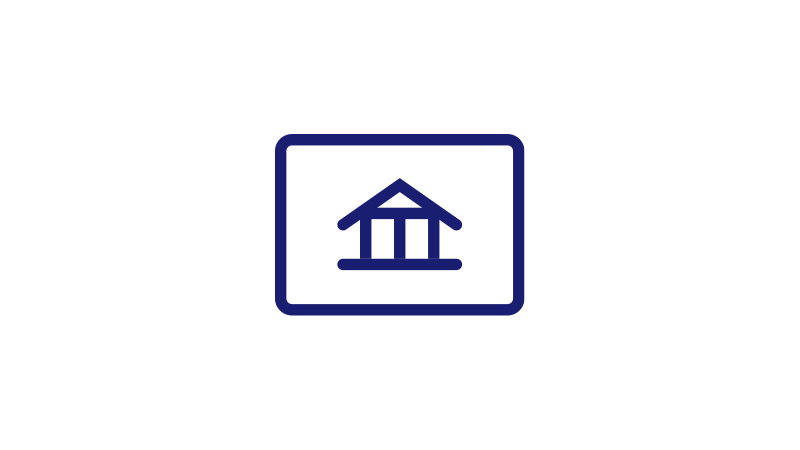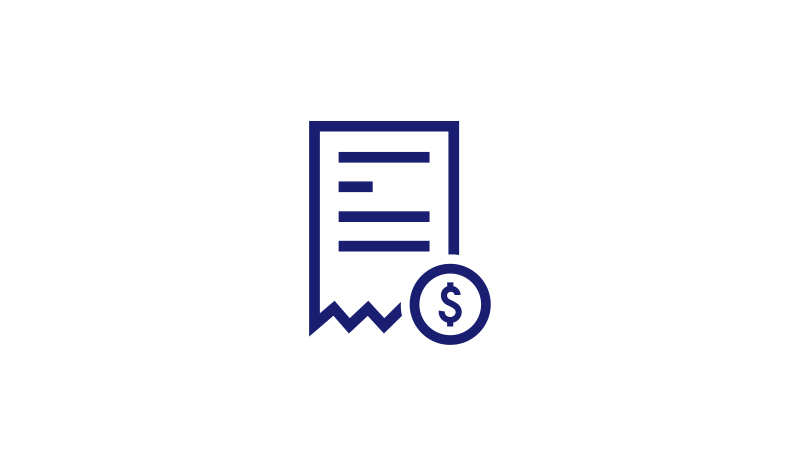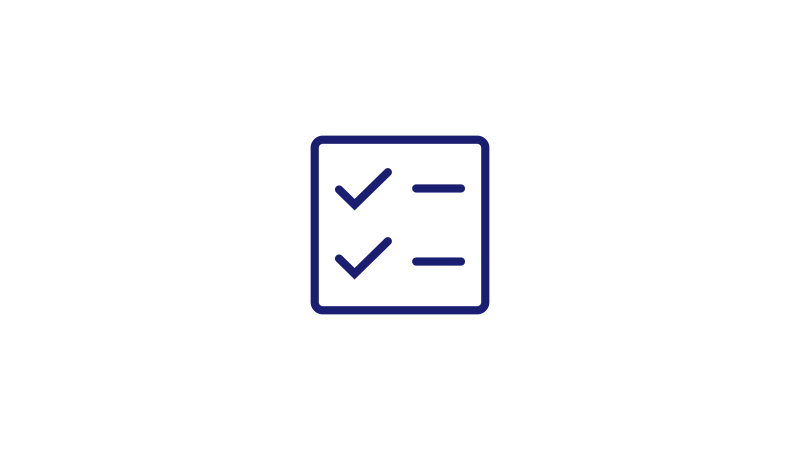Monitor your sales/revenue, expenses and profit on a monthly basis.
The basics of budgeting
Your revenue: How much money is coming into your business? Total up all your revenue sources.
Your expenses: Divide your expenses into fixed costs (those that don’t change from month to month, such as rent, salaries and insurance payments) and variable costs (costs that change, such as commissions).
Your profit: The difference between your revenue and expenses.
Your monthly/weekly/daily tracking: It’s important to track your revenue and expenses to make sure you’re sticking to your goals.
Managing your cash flow
A successful business, even one with a well thought out budget, can run into cash flow problems.

Build your savings
While the early days of running your business might just be about survival and putting every dollar back into the business, it’s still a smart idea to save a percentage of your profits. Those savings can help with unexpected expenses or investment opportunities that pop up.

Increase revenue
Increasing prices, offering promotions or adding new products and services can increase revenue. Also, periodically evaluate spending to assess changes that could lower your expenses.

Open a credit line
You may be able to open a business credit line with a bank, credit union or other financial institution. This can help you bridge the gap between revenue coming in and expenses you have to pay out.

Ask to pay suppliers over time
If you buy supplies from other businesses, you may able to pay your suppliers or vendors with “terms”. A terms agreement means you can pay the supplier a certain number of days after they send you an invoice. Having a terms agreement will give you more time to pay your bills, letting you better plan for the future and worry less about how quickly a customer will pay you.

Give discounts on early payments
You may be able to entice customers to pay their invoices early if you offer a discount. You might have a net-60 terms agreement with a customer, but give the customer a 2% discount if they pay within 30 days or a 5% discount if they pay the invoice immediately. While you’ll receive less money overall, getting paid sooner could help you maintain positive cash flow.
Plan for emergencies
Smart planning can help you keep your business running if disaster strikes. Preparation can include creating a disaster plan, identifying priorities and training employees on emergency preparedness.
Taxes
Taxes are complicated. Here are some basics.
Four things you should know about business taxes
- Who has to file? Whether you’re an employee, a consultant or a business owner, you will have to file an individual federal tax return and pay federal income taxes.
- Local and provincial taxes vary: Your provincial and local tax obligations can be different depending on where your business is located. Consult the CRA to learn more about the tax responsibilities for your province. Provincial and local taxes you’ll need to pay include: income tax, employment insurance, sales tax, real estate tax and property tax.
- Taking profits out of your business: You may want to move money from your business account to your personal account. As a general rule, you should never pay personal expenses from your business account. This can create issues with the CRA. They might question the legitimacy of the expense.
- Consult with a local expert: Understanding your tax obligations can quickly become complicated. You might want to consult an accountant or business tax attorney who can help you navigate your taxes properly. Your personal network, if it includes other business owners, can also be an excellent source of referrals.
This website has been prepared for informational purposes only, and is not intended to provide, and should not be relied on for, tax or accounting advice. You should consult your own tax and accounting advisors before engaging in any transaction.

